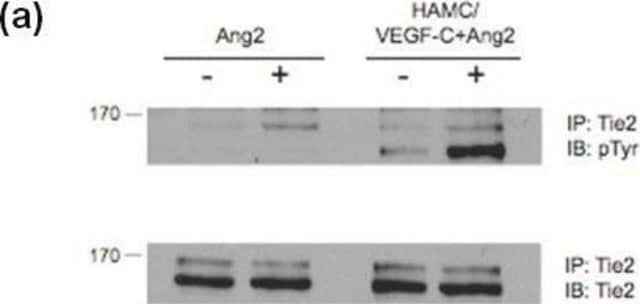T1325
Anti-Phosphotyrosine antibody produced in rabbit
0.5 mg/mL, affinity isolated antibody, buffered aqueous solution
Synonym(s):
Anti-p-Tyr
About This Item
Recommended Products
biological source
rabbit
Quality Level
conjugate
unconjugated
antibody form
affinity isolated antibody
antibody product type
primary antibodies
clone
polyclonal
form
buffered aqueous solution
concentration
0.5 mg/mL
technique(s)
indirect immunofluorescence: 3-6 μg/mL using A431 stimulated by human EGF.
western blot: 0.3-0.6 μg/mL using total cell extract of A431 stimulated by human EGF
shipped in
dry ice
storage temp.
−20°C
target post-translational modification
phosphorylation (pTyr)
Specificity
Immunogen
Application
Biochem/physiol Actions
Physical form
Storage and Stability
Disclaimer
Not finding the right product?
Try our Product Selector Tool.
Storage Class Code
12 - Non Combustible Liquids
WGK
nwg
Flash Point(F)
Not applicable
Flash Point(C)
Not applicable
Certificates of Analysis (COA)
Search for Certificates of Analysis (COA) by entering the products Lot/Batch Number. Lot and Batch Numbers can be found on a product’s label following the words ‘Lot’ or ‘Batch’.
Already Own This Product?
Find documentation for the products that you have recently purchased in the Document Library.
Customers Also Viewed
Our team of scientists has experience in all areas of research including Life Science, Material Science, Chemical Synthesis, Chromatography, Analytical and many others.
Contact Technical Service












